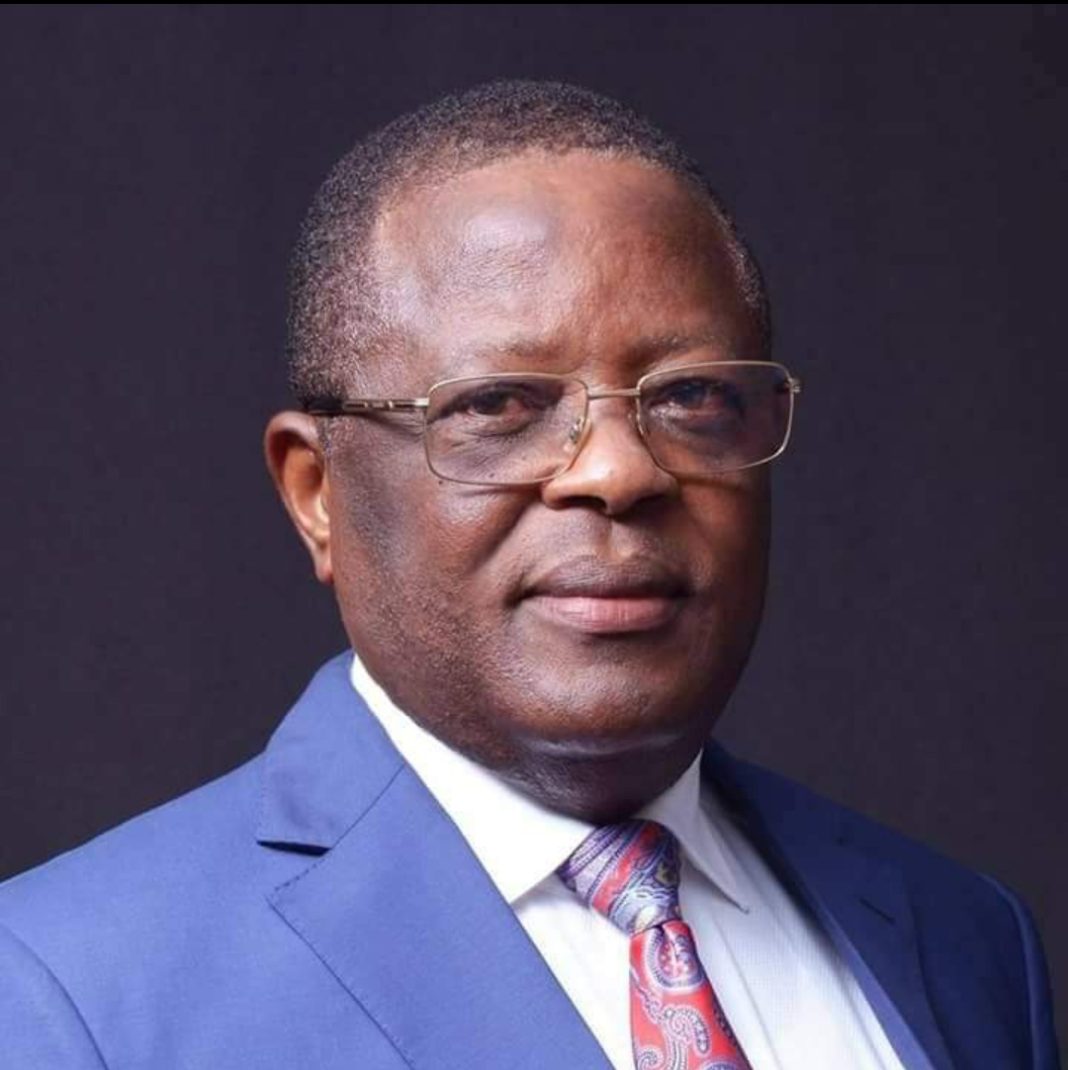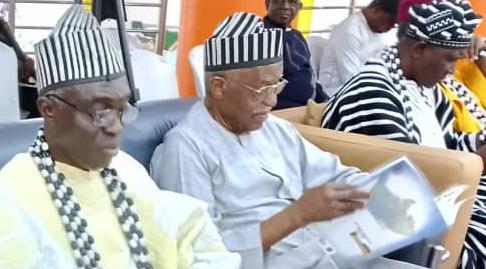By Jabiru Hassan
The Minister of Works, Senator (Engr.) Nweze David Umahi, has officially flagged off toll operations on federal roads, starting with the 227.2 km Abuja-Keffi-Akwanga-Lafia-Makurdi road corridor—a critical infrastructure route in Nigeria.
During the ceremony, Minister Umahi highlighted the significance of this milestone for the nation’s infrastructure development. “On behalf of the Federal Government of Nigeria and President Bola Ahmed Tinubu, I welcome you to this landmark event in our nation’s infrastructure history,” he stated.
Emphasizing the importance of the corridor, Umahi noted that it plays a vital role in the economic and social activities of Nigeria’s central and northern regions. “This road is crucial for trade, mobility, and national security, contributing to infrastructure growth, urbanization, and national cohesion,” he said.
The minister recalled that the Federal Government rehabilitated and upgraded the road through a preferential credit loan from China Exim Bank. As per the loan agreement, the road will be tolled, operated, and maintained by a private concessionaire, with revenue—after operational costs—used to repay the loan.
Umahi disclosed that the Ministry, under the previous administration in 2023, signed a 25-year Toll, Operate, and Maintain Concession Agreement with China Harbour Operations and Maintenance Company Ltd (CHOMC) in partnership with Catamaran Nigeria Ltd under the Highways Development and Management Initiative (HDMI) Phase I.
“This is the first of nine corridors being concessioned under HDMI Phase I to commence operations. In the coming months, the Federal Government will launch and operationalize the remaining corridors across the six geo-political zones of the country,” Umahi added.
He described the initiative as a new chapter in Nigeria’s road infrastructure development, offering the government an opportunity to address longstanding issues of bad roads.
“Tolling operations mark a pivotal step toward realizing a more efficient, sustainable, and well-maintained road transport system for our country,” the minister emphasized. “Today, we embark on a journey to preserve our infrastructure for future generations. The revenue generated will fund the maintenance and expansion of our roads.”
The minister announced the toll fee schedule for the Abuja-Keffi-Akwanga-Lafia-Makurdi Federal Highway as follows:
– Saloon Cars: N500
– SUVs/Jeeps: N800
– Minibuses: N1,000
– Multi-Axle Vehicles: N1,600
Frequent road users, such as commercial light vehicles defined under the Federal Highway Act, will receive a 50% discount. Additionally, bicycles, pedal cycles, tricycles, motorcycles, and other two- or three-wheeled transport modes commonly used by disadvantaged populations will be exempt from toll charges.
Umahi urged Nigerians to embrace the initiative, emphasizing its role in catalyzing improved road maintenance and economic growth. “I call on all of us to support this government policy, ensuring we achieve a modern, safe, and efficient transportation system that meets the needs of our growing nation,” he concluded.
In his welcome address, the Permanent Secretary of the Federal Ministry of Works, Engr. Olu Funsho Olusesan Adebiyi, recalled that toll collection was first introduced during Nigeria’s Fourth National Development Plan (1981-1985). However, toll gates were scrapped in January 2004 due to legal disputes, revenue leakages, and maintenance challenges.
He noted that in 2021, the Federal Executive Council (FEC) approved a federal roads and bridges tolling policy to guide the reintroduction of tolls. By January 2023, the FEC had approved the concession of the 227.2 km Abuja-Keffi-Akwanga-Lafia-Makurdi corridor for 25 years, alongside eight other road corridors nationwide.
Adebiyi emphasized that the initiative would attract sustainable investment in road infrastructure and maximize asset use along the right of way. He called on Nigerians to support the reintroduction of tolling as part of President Tinubu’s Renewed Hope Agenda for revitalizing the country’s road infrastructure.





